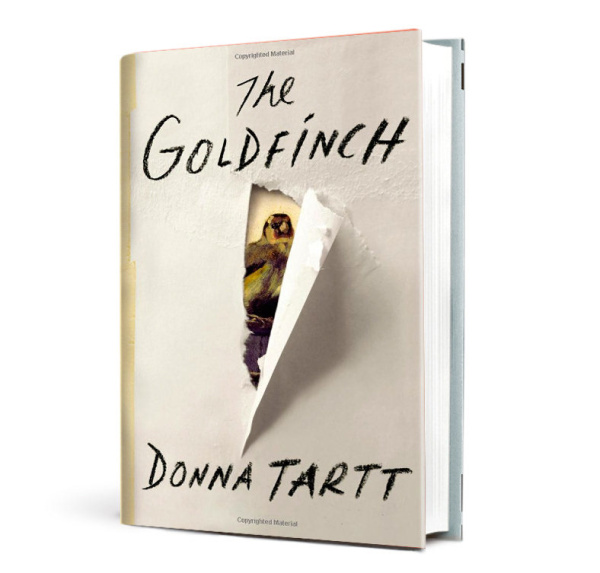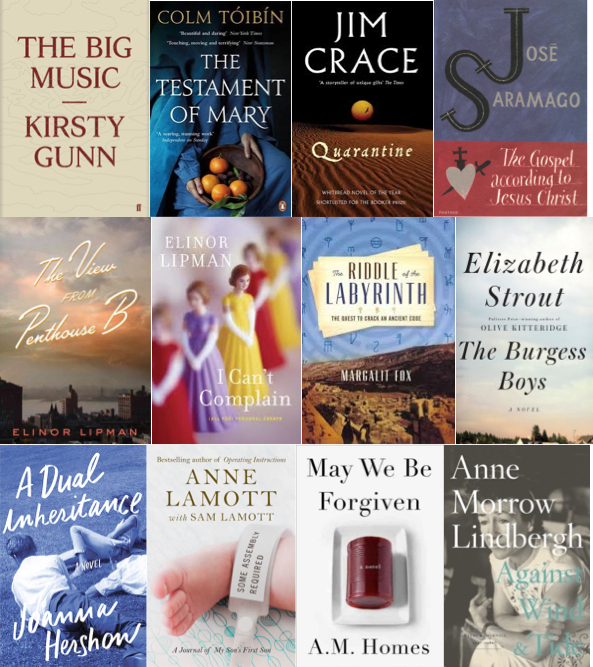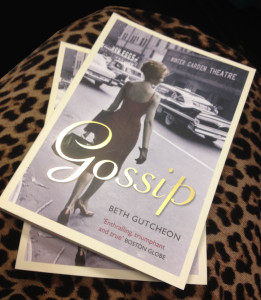I know someone gave it to you over the holidays. I know you know that everyone else loved it but you got stuck in the Las Vegas part. So many books, so little time. I sympathize totally, but keep going; it’s really really worth it.
The reviewers all invoke Dickens, and that is both completely right and quite misleading. If you love Dickens, at first you feel hard done by, because Dickens is almost always funny, and The Goldfinch isn’t. There are other things in life. Dickens is also almost always sentimental and melodramatic, because he was working in a century when popular entertainment had to be made of BIG gestures so they could be seen and heard in the back of the stalls, in huge unamplified theaters. We live in a world where the images are so big on the movie screen, or so close to us in the home tube, that in our storytelling, anything other than tiny natural gestures, movements of the eyes, post-Method acting, feels crude and silly. And yet we have the same hunger for narrative, for the big sweeping story, that we have always had. Tartt has given us a truly Dickensian plot and characters, with all the pleasure that implies, in the only way she could for a 21st century audience: with meticulously- observed details of how we act now, and who we are now. She makes us feel that this marvelous story could really be unfolding over there in the Village, on that street you walked down yesterday.
You’ve got to get over feeling that if it’s Dickensian, it should read like Dickens. And accept that the Las Vegas part is absolutely necessary. I could say more, about how just as you recognize Great Expectations, she knows you’ve caught on to that and … to say more would be to say too much. Really, go back and finish it; it’s heaven.



